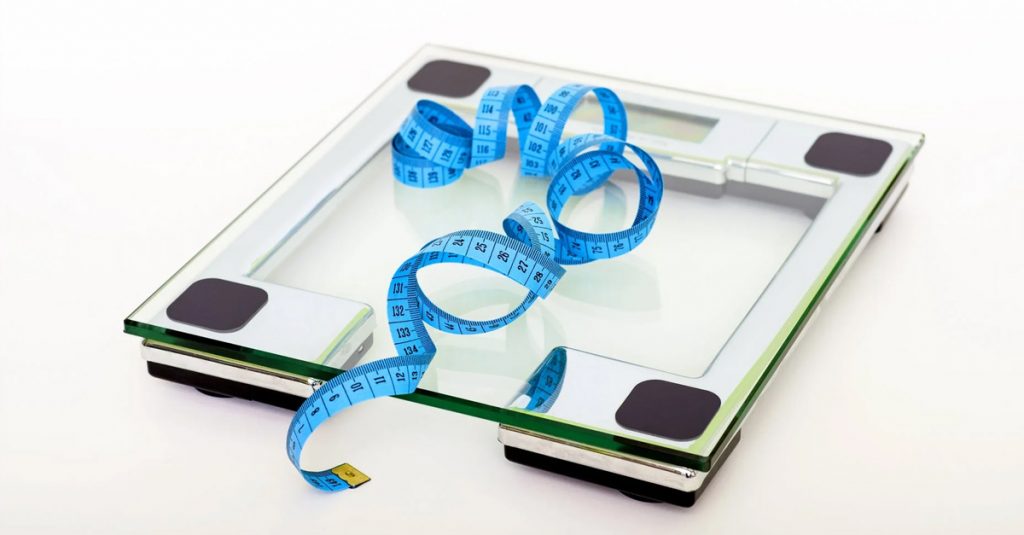
In order to maintain or gain weight while eating at a true deficit, it would require your body to break the laws of the universe by creating energy out of thin air. Whichever it is, the most important fact to remember is that the scale doesn’t lie. This ranges from unconscious snacking to ignoring calorie content in drinks or food additives (dressings are a big culprit) to simply not tracking calorie consumption at all. Most commonly this happens when people pay inadequate attention to what they’re eating. Underestimating your calorie consumption.Calculations of calorie burn during exercise, in particular, tends to be wildly inaccurate and inflated. Treat them as estimates only and don’t get fixated on what a calculator told you if it conflicts with what you’re seeing on the scale. Just remember, always, that no TDEE calculation is 100% accurate. This creates two points of failure to be aware of: This also means that you can lose weight through diet alone and exercise is not required to lose weight. While you can reach a deficit by increasing your TDEE through exercise, it is significantly easier to eat less than to do enough exercise to make a difference. You’ve probably heard of many different diets out there, and when they work, they all achieve weight loss in the same way – manipulating calorie balance.

If your diet supplies fewer calories than your TDEE (a deficit), you will lose weight.

If your diet supplies more calories than your TDEE (a surplus), you will gain weight. This is called your Total Daily Energy Expenditure or TDEE. Your body requires a certain amount of energy (measured in calories) each day in order to fuel its activities. There is an illusion of complexity to weight loss (perpetuated largely by people who want your money) but it is actually very straightforward.


 0 kommentar(er)
0 kommentar(er)
